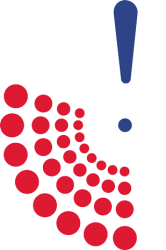My host family organised a trip to the Hel Peninsula today. We first visited the seal rescue station. They take care of sick or injured seals until they can return to the sea. It sometimes happens that the seals live with humans for too long and can therefore no longer be released into the sea, as they have become too accustomed to humans. You can then go and visit these seals as they swim around in different swimming pools, being fed and performing tricks. This year, their new personal record was 80 seals rescued, up from just under 50 last year. Before such stations were established and when many fishermen still hunted seals, the number of seals was a few thousand; today the number has risen to around 40,000. Right next to the station is an old church, which was also used as a sentry post and has now been preserved as a museum, which we could not visit, because we did not have enough time. After a longer walk we sat down in a restaurant where we ate 3 different local fish. The restaurant is called „Knajpka Portowa“ and is highly recommended. We finished our walk in the small harbour of the peninsula, where fishing boats go in and out every day. There is also a ferry that goes to Gdansk, but larger ships do not dock in the harbour. On the way home, we stopped at an old fisherman’s house, where original objects used in fishing were still on display. Typical for such houses was that the entrance door led directly into the kitchen and every other room could be entered from there, as the kitchen was the most used room. At that time, the fishermen used washed-up rubbish from the sea, mostly wooden planks from ships, to build their houses. That is why they all had only one storey. The bones of fish or seals were used to make tools for hunting, for example. After the visit to the fishermen’s house, the excursion was over and we went back home.
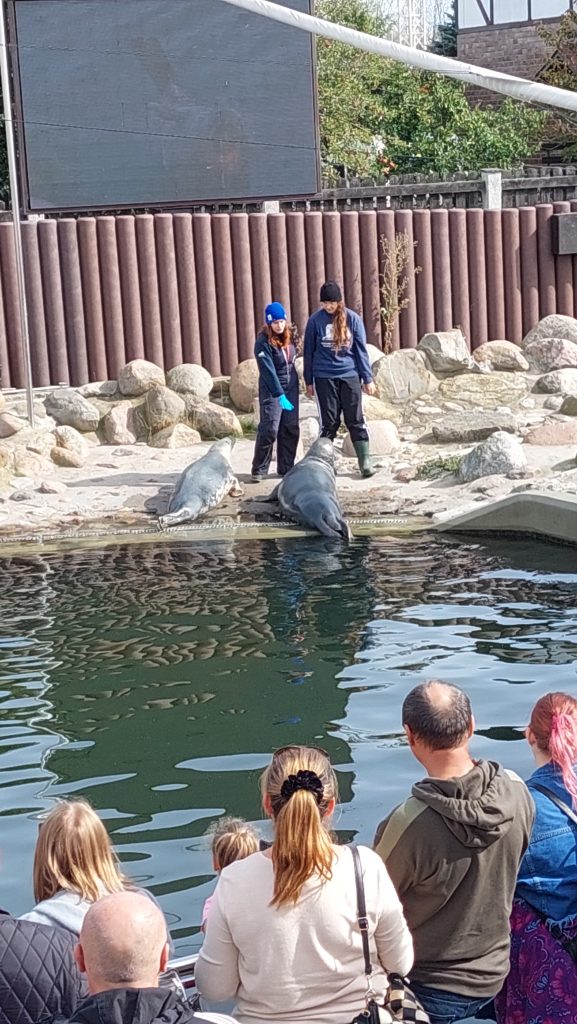
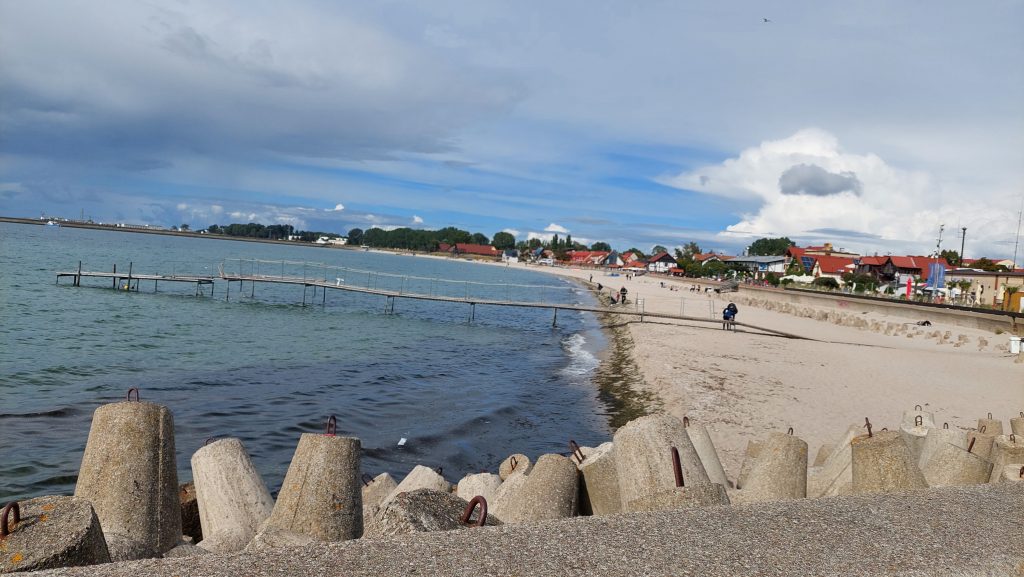
My host family woke up earlier than me but they waited for me to wake up so we could have breakfast together. For breakfast we had sandwiches and muffins made by me and my exchange partner. For breakfast we also ate desssert, a cake bought from the pastry shop. After dessert we all went to Oliwa Cathedral. Oliwa, Gdańsk Archcathedral is a church in Oliwa, Gdańsk. My family is religious and they go to church every Sunday. The churches in Germany are similar to those in Poland. After that we took a walk in the Oliwa park . Oliwa Park is popular for its Chinese garden, botanical gardens and palm house. For lunch we ate Zurek, a traditional Polish soup. The soup contains meats such as sausages, bacon, or ham, and vegetables. I had the evening meal at home, it was prepared by my exchange partner’s mother. She prepared for us Barszcz czerwony, borscht in the Polish version. My mother often cooks borsch at home and I was excited to try another version of borsch.
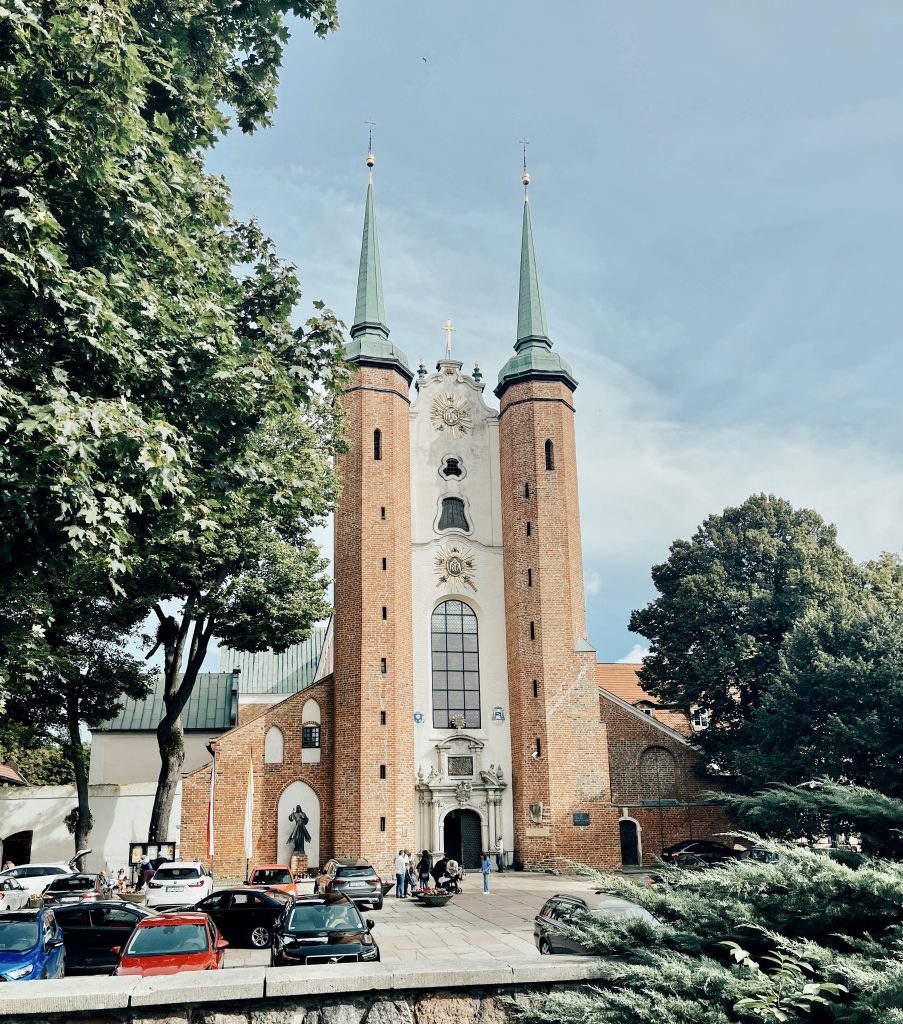
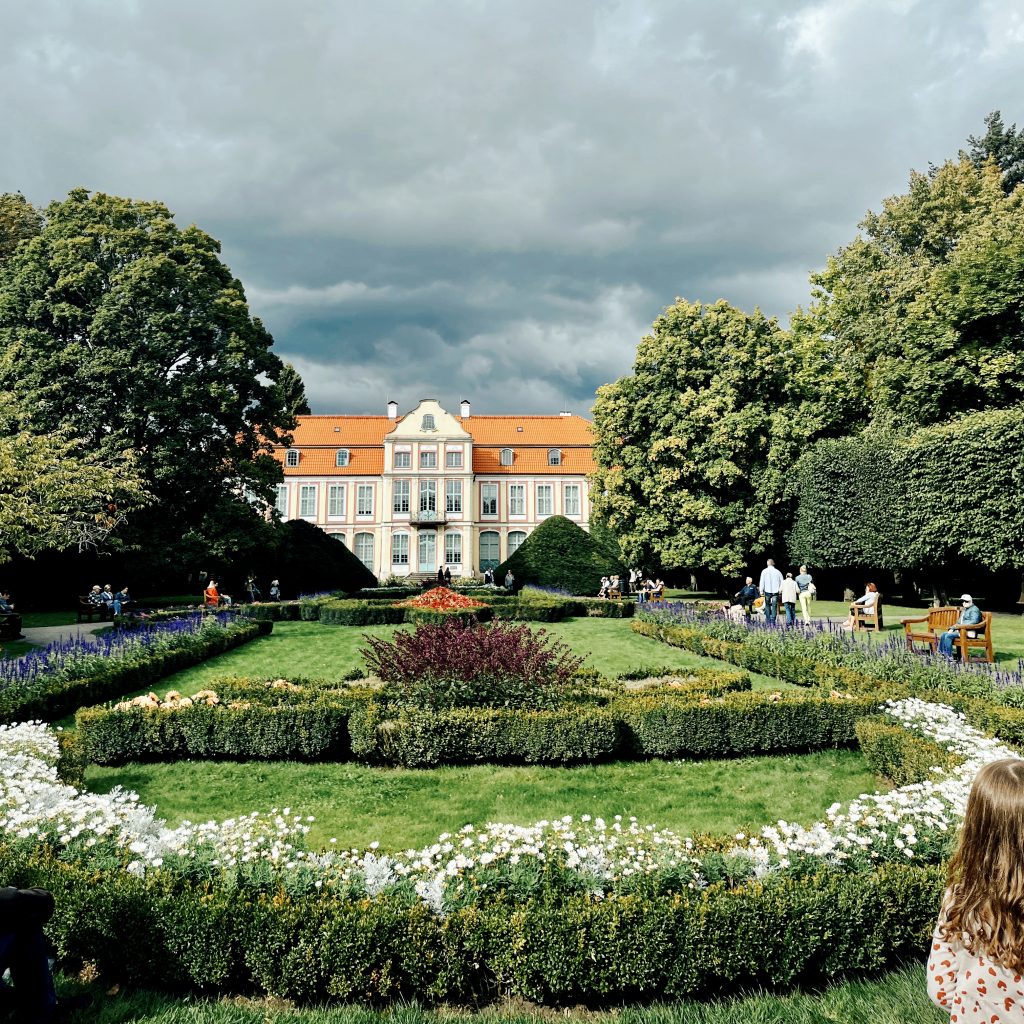
Milena & Ilija

